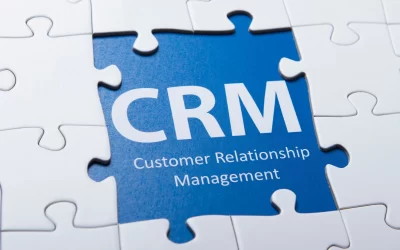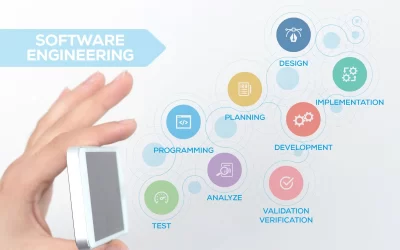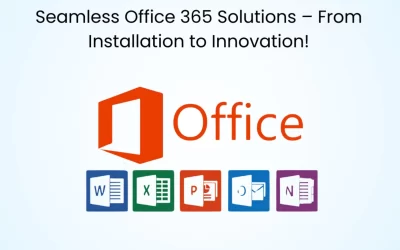CRM Enhances Sales & Relationships
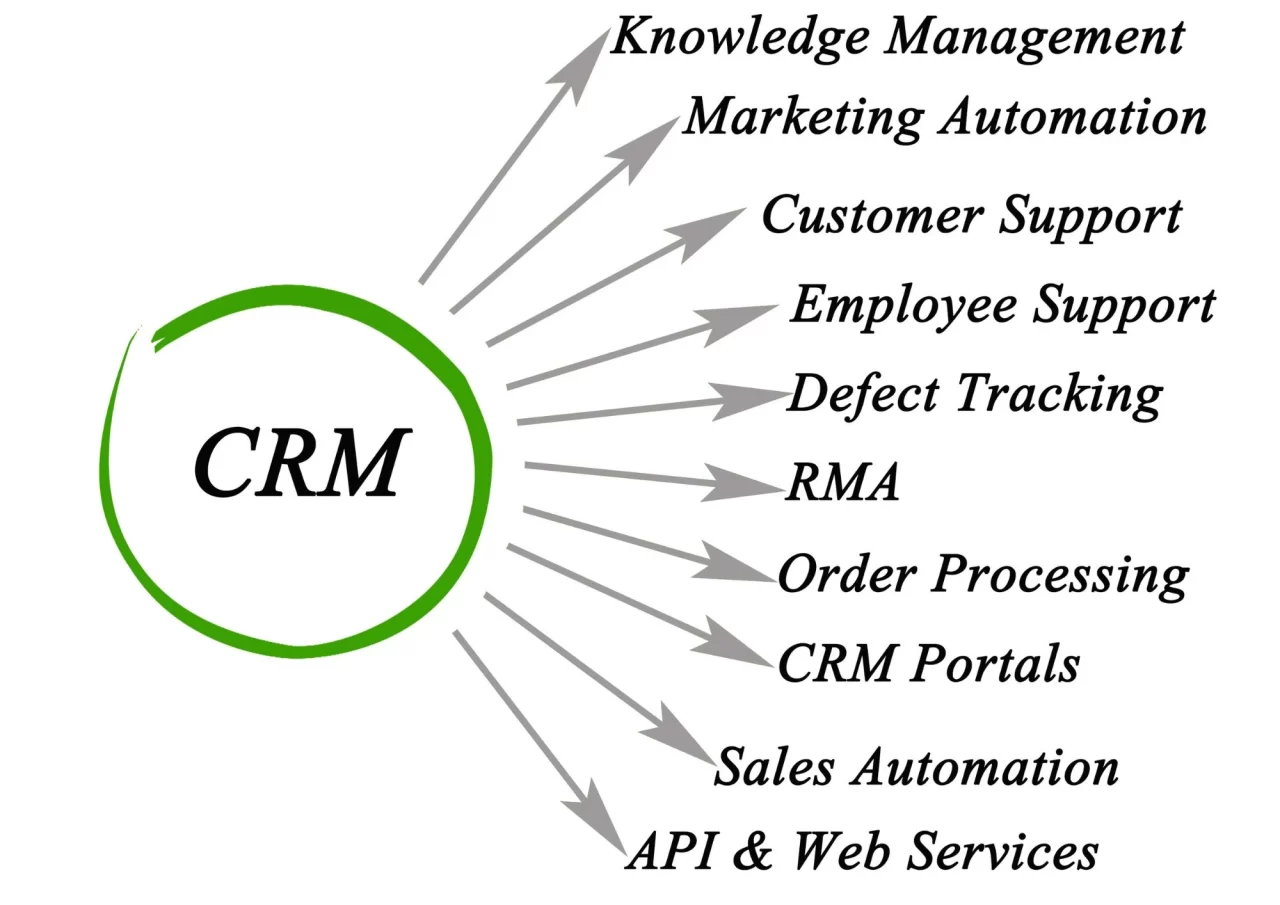
Customer Relationship Management (CRM) software has become an essential tool for businesses looking to enhance customer interactions, streamline sales processes, and drive business growth. With increasing competition and evolving customer expectations, businesses must find ways to improve their sales efficiency and maintain strong customer relationships. In this blog, we explore how CRM software helps businesses boost sales and foster lasting customer relationships.
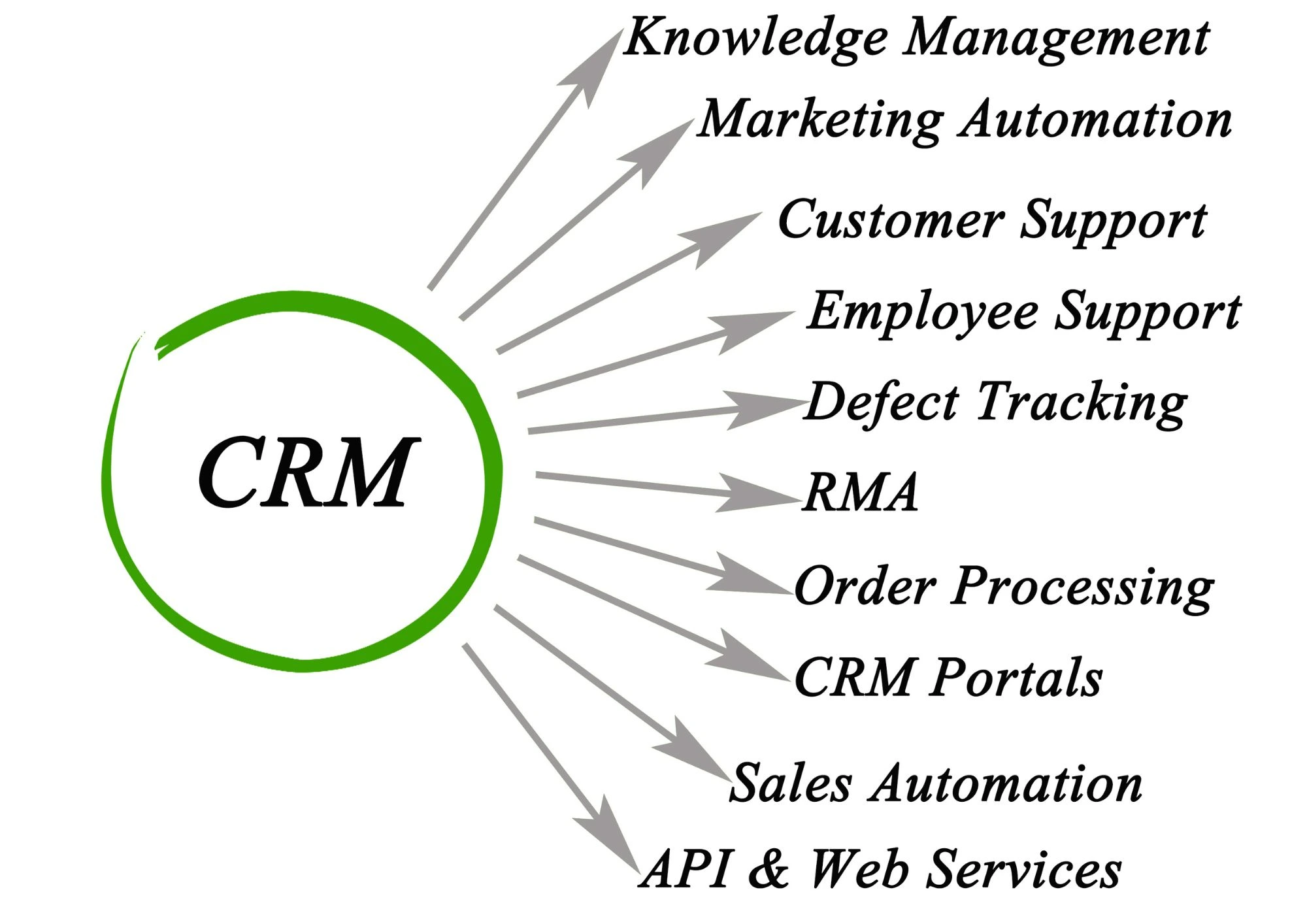
1. Centralized Customer Data for Better Insights
CRM software stores all customer-related data, including contact details, purchase history, communication records, and preferences, in a centralized system. This allows sales teams to access crucial customer information in real-time, helping them understand client needs and tailor their sales approach accordingly.
2. Improved Lead Management
CRM software helps businesses capture, track, and nurture leads effectively. It categorizes leads based on their stage in the sales funnel and provides automated follow-up reminders, ensuring that potential customers receive timely responses. By automating lead management, businesses can improve conversion rates and close deals faster.
3. Automation of Sales Processes
Repetitive sales tasks such as data entry, follow-ups, and scheduling meetings can consume valuable time. CRM software automates these processes, allowing sales representatives to focus on closing deals and engaging with prospects. This leads to increased productivity and a more efficient sales cycle.
4. Enhanced Customer Communication
Maintaining consistent and personalized communication with customers is key to building strong relationships. CRM software allows businesses to track previous interactions, schedule follow-ups, and send automated emails or reminders. This ensures that customers feel valued and engaged, leading to increased loyalty and retention.
5. Data-Driven Decision Making
CRM software provides businesses with real-time analytics and reports, offering insights into sales performance, customer behavior, and market trends. With access to this data, businesses can make informed decisions, identify sales opportunities, and refine their strategies to maximize revenue.
6. Seamless Collaboration Among Teams
CRM software enables better collaboration between sales, marketing, and customer support teams by providing a unified platform for data sharing. This ensures that all teams are aligned in their efforts to deliver a seamless customer experience, leading to improved satisfaction and higher conversion rates.
7. Increased Customer Retention and Loyalty
By tracking customer interactions and preferences, CRM software helps businesses provide personalized services and proactive support. A well-managed CRM system allows businesses to anticipate customer needs, resolve issues quickly, and offer tailored solutions strengthening customer loyalty and long-term relationships.
8. Mobile CRM for On-the-Go Sales
Modern CRM solutions come with mobile accessibility, enabling sales representatives to access customer information, update records, and communicate with prospects while on the move. This flexibility ensures that sales teams remain productive and responsive, regardless of their location.
9. Integration with Marketing Tools
CRM software integrates with marketing automation tools, allowing businesses to align their sales and marketing strategies. By tracking customer interactions with marketing campaigns, businesses can refine their outreach efforts, generate high-quality leads, and improve conversion rates.
Conclusion
CRM software is a powerful tool that not only streamlines sales processes but also strengthens customer relationships. By centralizing data, automating tasks, and providing valuable insights, CRM software enables businesses to drive sales growth, enhance customer engagement, and build long-lasting relationships. Investing in the right CRM solution can give businesses a competitive edge and pave the way for sustained success.

